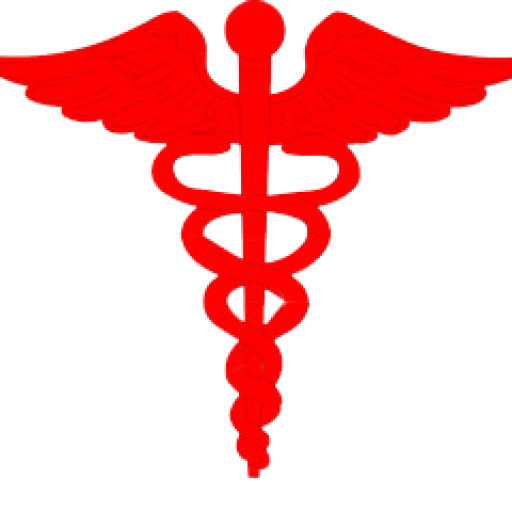Frequently Asked Questions
FAQs
Frequently Asked Questions
Have questions about consulting with Dr. Amit Bhauwala, the Best Heart Specialist in Kolkata? Find answers to commonly asked questions regarding appointments, procedures, and cardiac care. This page is designed to provide clarity and help you make informed decisions about your heart health.
I am having chest pain. Does that mean I am having heart disease?
Chest pain can be caused by a variety of factors, and while it can be a symptom of heart disease, it doesn’t always mean you have it. Other possible causes include anxiety, digestive issues, or muscle strain.
However, it’s crucial to take chest pain seriously. If you’re experiencing severe pain, shortness of breath, dizziness, or pain that spreads to your arms, back, neck, or jaw, you should seek medical attention immediately. It’s always best to consult a healthcare professional to determine the cause and get appropriate care.
My father had heart disease. His father also had heart disease. Does that mean I am also going to die of heart attack?
Having a family history of heart disease can increase your risk, but it doesn’t guarantee that you will develop heart disease or have a heart attack. Genetics can play a role, but lifestyle factors—such as diet, exercise, smoking, and stress management—are also significant contributors to heart health.
It’s important to be proactive about your health. Regular check-ups, maintaining a healthy lifestyle, and managing any risk factors (like high blood pressure or cholesterol) can help reduce your risk. Nowadays genetic tests are also available that can fairly determine your risk of having heart disease. If you’re concerned, consider speaking with a healthcare professional and a genetist about your family history and what steps you can take for prevention.
I regularly hear of sudden cardiac arrest in gym. I am now scared of going to gym
It’s understandable to feel concerned after hearing about sudden cardiac arrest, especially in places like gyms. However, it’s important to keep a few things in mind like Sudden cardiac arrest can occur in anyone, but it’s more common in those with underlying heart conditions. Knowing your own risk factors—like family history, high blood pressure, or other health issues—can help you assess your situation.
Make sure that gym you go to have automated external defibrillators (AEDs) and trained staff. Familiarizing yourself with these can provide some reassurance.
Pay attention to how you feel during workouts. If you experience unusual symptoms like chest pain, shortness of breath, or dizziness, it’s essential to stop exercising and seek medical advice. If you are new or have been away from gym for a long time,consider starting with lighter exercises or lower-intensity classes to build your confidence and fitness level.
Lastly, If you still have concerns about your heart health or exercise routine, consider discussing them with a cardiologist. They can provide personalized guidance based on your health history.
Staying active is important for your overall health, so finding a balance that feels safe and comfortable for you is key!
I am having Normal ECG and echocardiogram. Do I still need to see cardiologist? Can I still have heart disease?
Is it true that after getting a stent in heart, I will never be able to lead a normal life like before?
While you can return to many normal activities, adopting heart-healthy habits—like a balanced diet, regular exercise, and managing stress—is crucial for long-term heart health. Regular check-ups with your healthcare provider can help monitor your heart health and make any necessary adjustments to your lifestyle or medications. In many cases, people find they can enjoy a fulfilling, active life after stenting, especially with the right lifestyle changes and ongoing care.



